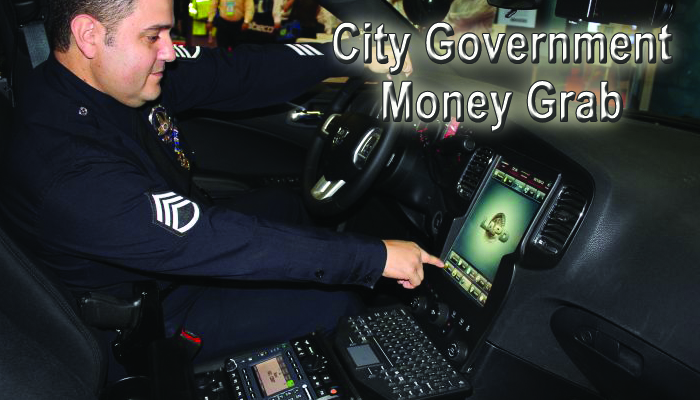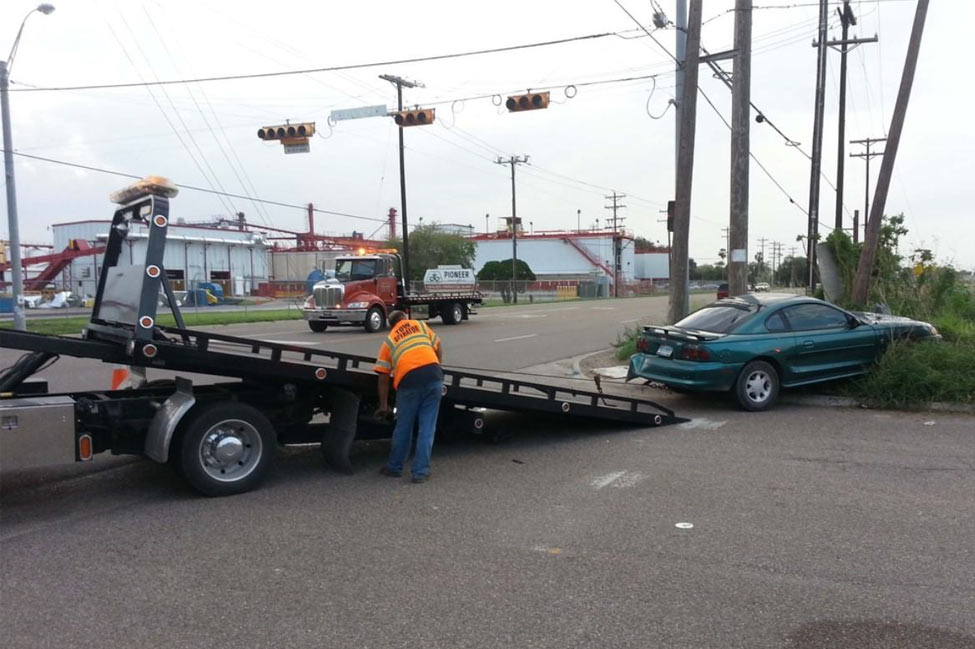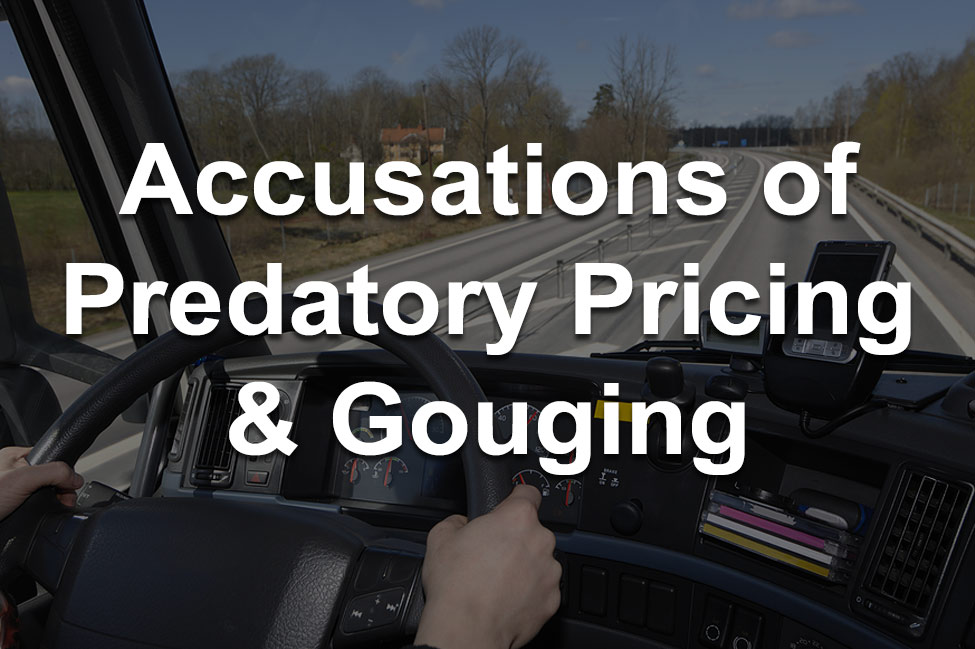In the August 2013 issue of American Towman Magazine there’s mention of an article about a town in Illinois that has implemented a $500 administrative towing fee. This fee is being imposed on motorists who are arrested for driving under the influence.
The fee was put in place so as to compensate the city for the outlay in additional personnel costs incurred when the arresting officer is required to be away from his patrol car to defend his arrest in court.
To be clear the new towing administration fee was not put in place to compensate the tow company but the city.
In the referenced article from the Northwest Herald; Wonder Lake Village Board President- Tony Topf said; “We were looking for a way to have the person who is creating the arrest pay for it”
The article went on to say that many towns and cities were adopting similar policies in order to recoup some of their costs.
What’s happening is, instead of increasing funding during a shortfall through more traditional means, such as taxing its inhabitants, Wonder Lake and many cities like it have chosen to impose something similar to a “speed trap tax for drunks” to collect revenue. In essence they’re forcing offending motorists to pay more so they get more money to enforce existing laws.
But since the laws have been in-place from the time the Village became incorporated, 39 years ago, one might ask if they weren’t prepared for the possibility of needing to defend an arrest now and again?
The responding argument is that: Most people accused of drinking and driving decide to lawyer-up. This means that it can take more than a day or two of lost time for the arresting officer to fulfill his duties in court.
But it’s ridiculous to suggest that because the laws are laden with complications imposed by one governing body, another governing body should be allowed to create and impose new laws with higher fines to offset their expenses. It’s an endless just a trap with the taxpayers caught in the middle.
And if city governments treat those they’re empowered to serve and protect so badly, how will they treat those in a lessor position…say towers contracted to provide services?
How will Wonder Lake handle the relationship and possible conflicts of interest with contracting towing companies? What happens when the person arrested doesn’t show for arraignment and abandons their vehicle? Will the city attempt to extract their $500 administrative fee from the only thing of value remaining, the car? What if the salvage value of the car is less than $500, who takes the first position with respect to getting paid, the city or the towing company?
Whether due to an accident, abandonment, or an arrest- Towers have long been forced to accept less and less in compensation for their services in order to keep towing costs down. They’ve been told that “it’s in the best interest of the community”.
But is that really the case? Do the actions of Wonder Lake Village and other city governments fill their constituents with the confidence that they’ve got their best interest in mind? Or do city governments want towers to keep their rates down for the express purpose of hiding behind those tow trucks while extracting their own exorbitant fees?
Article Disclaimer: No-one should drink and drive.
Thankfully we’ve evolved as a society and the author, in no way excuses those who make the decision the get behind the wheel after drinking. He asks only that you use similar scrutiny when deciding what causes and government institutions to support.







Leave A Comment